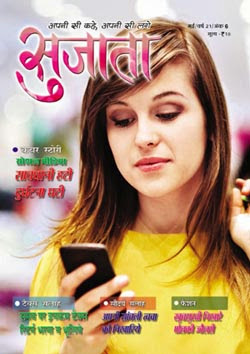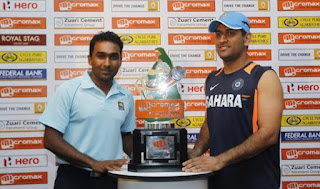"I have always kept my country's success and need ahead of my personal aspirations. And while I would love contributing to the team's success, especially against England and Australia, I think this is the right to give opportunity to the youngsters in home conditions ahead of international assignments"
With 10 straight forthcoming Tests at home, VVS Laxman could have easily eyed some personal milestones like 10000 Test runs, 20 Test tons but legendary Indian batsman paved the way for youngsters despite having a golden chance to play his farewell Test at his home ground against New Zealand as selfless Hyderabadi lad once again put his team ahead of his personal milestones and aspirations like he did throughout his career. He was always overshadowed by Sachin Tendulkar, Rahul Dravid and Sourav Ganguly but his contribution to Indian cricket is priceless and can never be forgotten.
The 8781 runs in 134 Tests at an average of 45.97 may not look lot but Laxman scored runs whenever India needed most. The "magician of wrist" was also known as "man of crisis" and "second innings specialist". From Eden to Durban, this very very special player single handedly turned many Tests in India's favour and became the main architecture of India's memorable and historical Test wins. Though, Laxman has played plenty of brilliant knocks but I have picked Laxman's six best Test knocks to pay tribute to Indian cricket's unsung hero.
According to me, Laxman's six best innings are as follows:-
1. 281 against Australia in 2001: After losing Mumbai Test, India were forced to play follow on at Eden Gardens and Aussies were looking well set to conquer their final frontier but Laxman played best ever knock in best ever Test of cricketing history against the likes of Glenn McGrath and Shane Warne due to which India achieved an incredible and unbelievable victory by 171 runs to become second ever team to win the Test despite playing follow on. Laxman's 281-run knock had developed never-say-die attitude in Indian cricket.
2. 148 against Australia at Adelaide in 2003: In reply of Australia's 1st innings total of 556, India were in deep trouble after losing the 4th wicket on just 85 runs but 303-run stand between VVS Laxman(148) and Rahul Dravid(233) didn't only bail India out of trouble but also helped the visitors to win the Test on Australian soil after 23 years. Australia once again became victim of Laxman's another very very special innings.
3. 124 against New Zealand at Napier in 2009: India were 1-0 up in the series but India had to play follow on in the second Test. India needed to bat two full days to save the Test and Laxman once again came to the rescue by scoring unbeaten 124 runs which later on helped India to win Test series on New Zealand soil after 40 years as third Test was also ended at draw. India's maiden series win in New Zealand would not have been possible without Laxman.
4. 103 against Sri Lanka at Colombo in 2010: This was the must win Test for India to retain its number one Test spot but they had ample task of chasing 257 runs on the fifth day's detouring track of Premadasa. India's top order didn't help the cause either and India were 62 for 4 at one stage but Laxman shown his class again in difficult circumstances and slammed unbeaten 103 with the back pain to guide India to its fourth highest successful chase in Tests.
5. 73 against Australia at Mohali in 2010: Chasing 216, India were 124/8 at one stage and victory was looking just formality for the visitors but Aussies once again failed to cross the "Laxman barrier" as India's crisis man played another absolute magical innings of 73 while batting with tail.The another important part of this innings was that Laxman was playing with immense back pain but still he did miracle for India yet again despite having all the odds against him.
6. 96 against South Africa at Durban in 2010: India were trailing 0-1 in this high voltage Test series and almost all batsmen were struggling on the greenish and bouncy track of Durban in the second Test but Laxman scored valuable 96 runs in the second innings which helped India to score 228 runs despite losing half of its side on just 93. India set 303-run target, thanks to Laxman's useful partnerships with Dhoni and tailenders. Eventually, India won the Test by 87 runs and registered its first ever Test victory on one of the fastest tracks of world.


















.jpg)




.jpg)


.jpg)